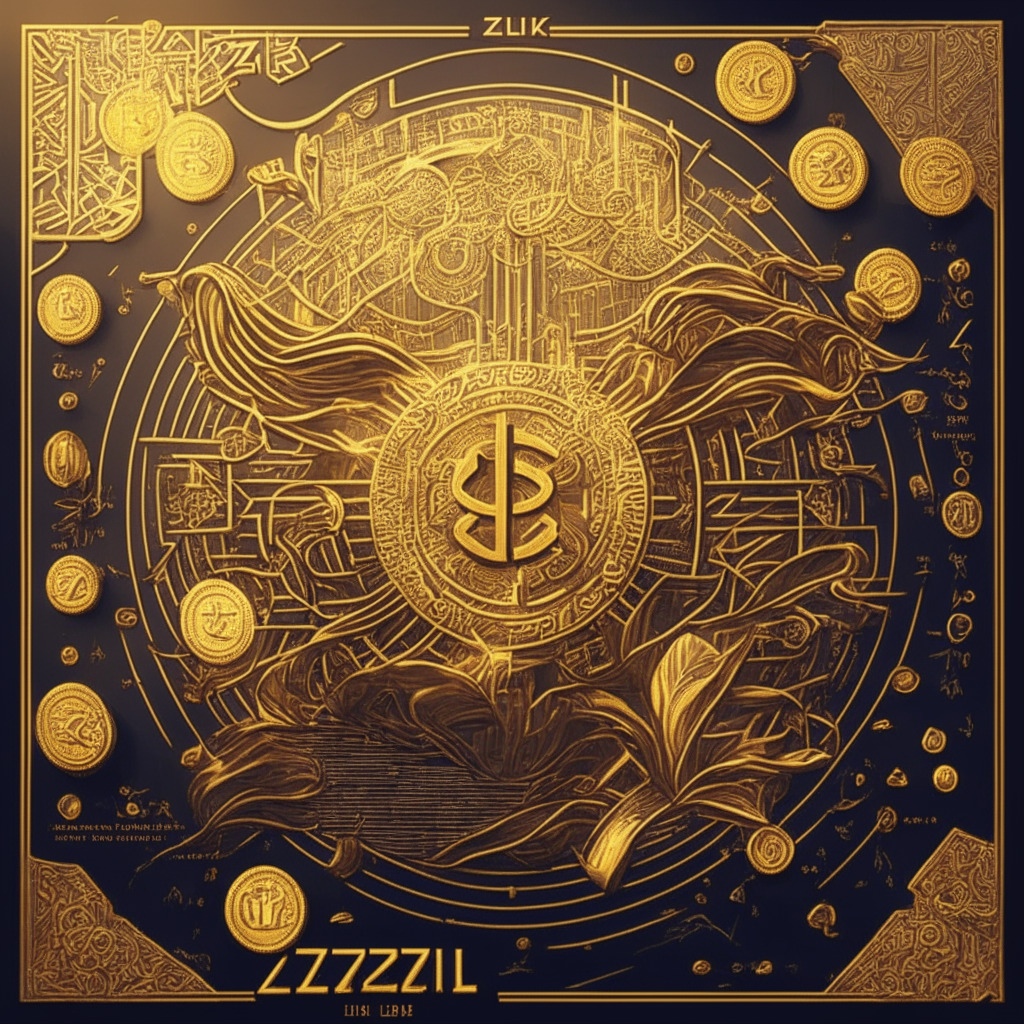Over the past two months, directional traders betting on the rise of the cryptocurrency Bitcoin (BTC) have faced setbacks, with its price pulling back over 16% since reaching a high of $31,000. However, it is worth noting that the price is still up nearly 60% year-to-date, a substantial increase compared to Wall Street’s tech-heavy Nasdaq index, which has risen by 38%. The path of least resistance may lie on the higher side, buoyed by macroeconomic developments and other optimistic factors.
One main contributor to Bitcoin’s upward trend is the recent decline in the dollar index, which fell by 1.2% to 102.30 last week. This marks its third straight weekly loss and reverses over 50% of its preceding three-week bounce. According to crypto intelligence firm Jarvis Labs, lower dollar values positively impact Bitcoin and vice versa. With the Federal Reserve’s (Fed) recent pause in rate hikes, along with cooling inflation, the dollar’s days above 100 may be numbered.
In contrast to this view, some analysts predict possible rate hikes in the coming months as inflation rates slowly increase. They argue that doing so may lead to unnecessary strain on the banking system. Simultaneously, the decline in the U.S. Treasury (bond market) volatility could result in an increased risk-taking in financial markets.
Positive news for the crypto market arrived last week when the world’s largest asset manager, BlackRock, filed for a spot-based Bitcoin exchange-traded fund (ETF). Despite many rejected applications for spot ETFs in the past due to concerns about Bitcoin price manipulation, BlackRock’s application might have a chance, as it includes a surveillance-sharing agreement, which may eliminate market manipulation risks.
This move could signify BlackRock’s belief in the shift towards a mainstream Bitcoin product. Some observers think this application sends a message to the Securities and Exchange (SEC) Chair Gary Gensler, highlighting BlackRock’s disagreement with the SEC’s anti-crypto stance. Others argue that it’s a genuine attempt to win approval.
As the lawsuits against leading crypto exchanges like Binance and Coinbase are mainly focused on alternative cryptocurrencies, investors exclusively holding BTC and ETH may feel limited impact. However, if the SEC lawsuit succeeds, altcoins may be recognized as securities and subjected to regulation by securities standards, potentially leading to increased liquidity in BTC, ETH, and other mainstream cryptocurrencies.
With Bitcoin’s dominance rate breaking out of a three-year oscillation pattern, some analysts suggest that money from altcoins might continue to flow into Bitcoin. This development showcases the ongoing complexity in the debate over the crypto market’s future, as well as the interplay between various market factors and regulatory decisions.
Source: Coindesk




